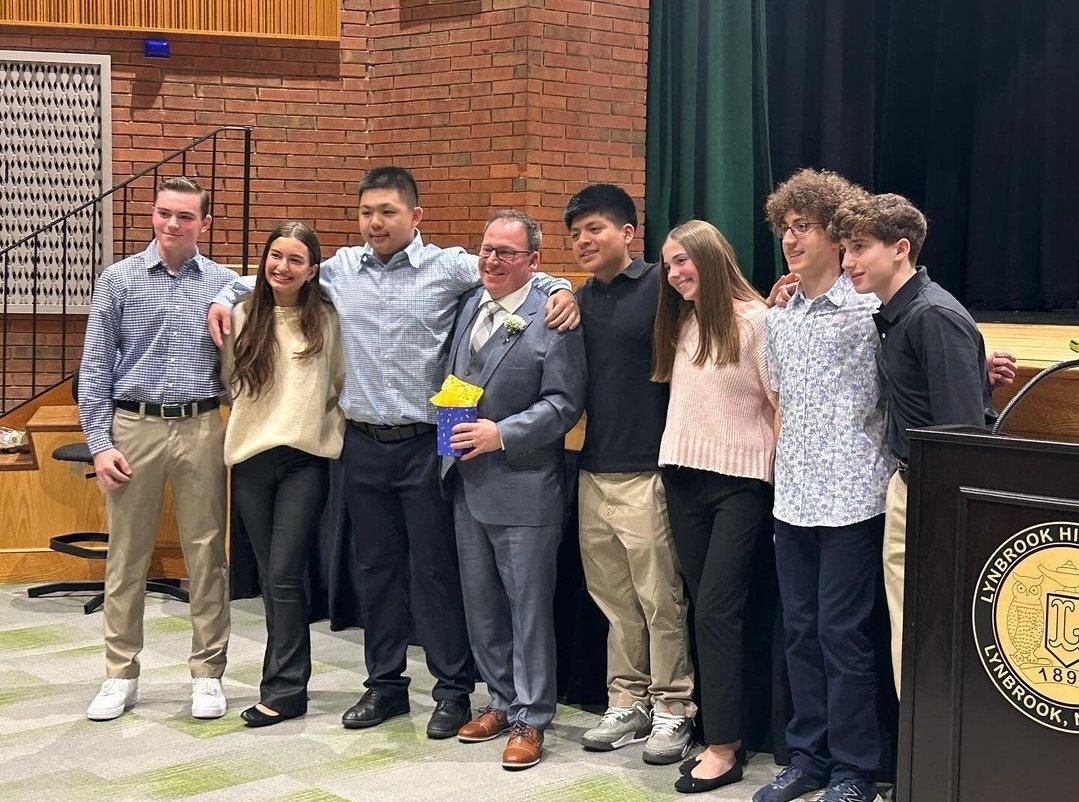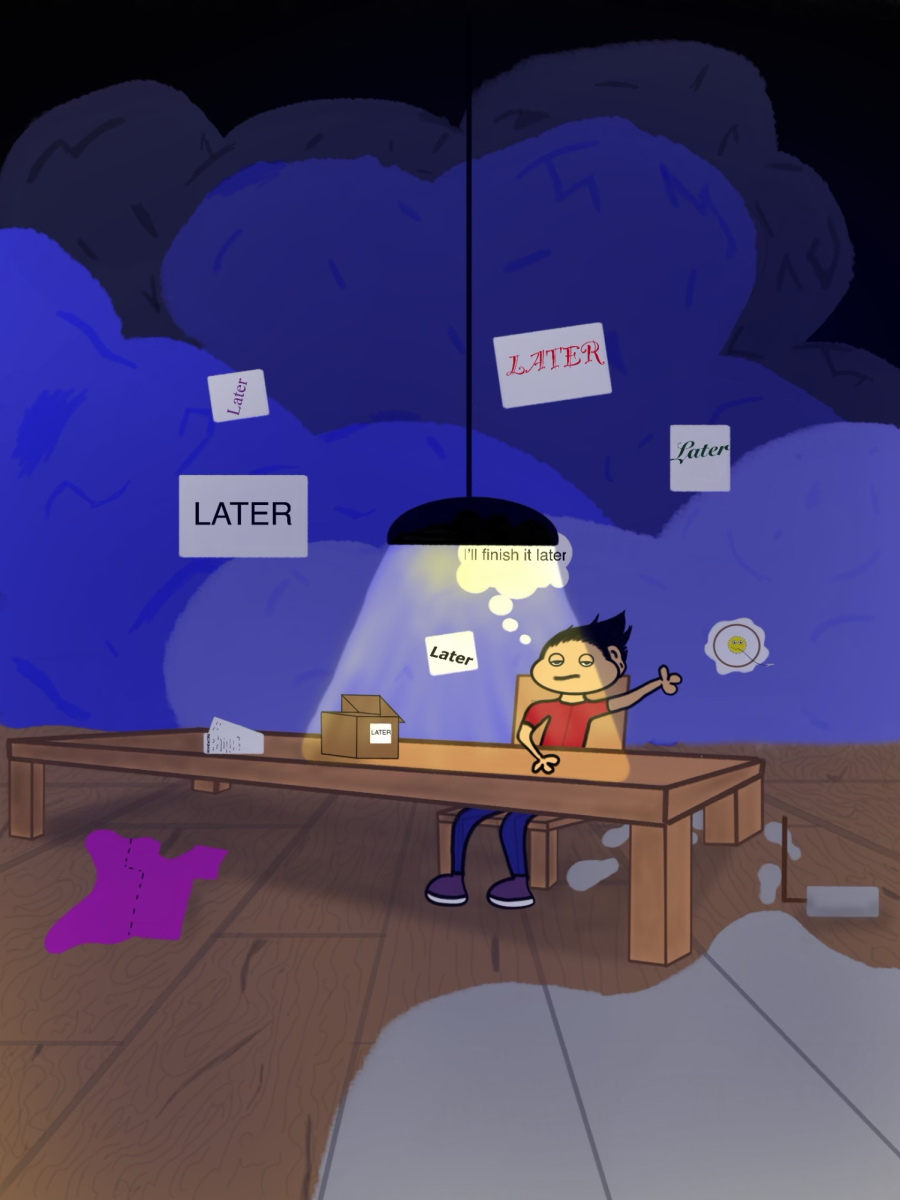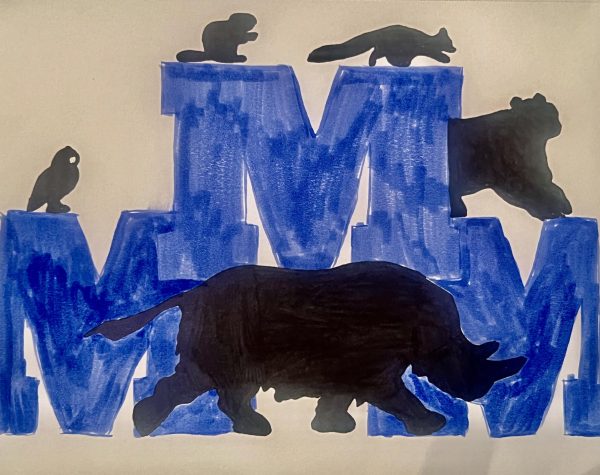The DACA Debate
The Deferred Action for Childhood Arrivals (DACA) was a program established in 2012 by President Obama, and it is now being challenged by President Trump. DACA was rescinded by the Trump administration in September. Approximately 800,000 individuals—referred to as Dreamers after the Dream Act Bill—were enrolled in the DACA program, which was designed to protect immigrants who are of low priority to immigration officials and provide them with temporary protection to stay in the country.
Originally, President Obama wanted to pass the Federal Dream Act, but Congress refused to pass it. The Federal Dream Act would have given immigrants phases to be able to qualify for citizenship. Obama desperately wanted a solution to the young immigrant problem within the U.S. When Congress refused to pass the Federal Dream Act, the United States Department of Homeland Security under then Secretary Janet Napolitano created the non-congressionally authorized administrative program, which later become known as DACA.
Anna Gonzales, a retired human resources employee, said, “DACA was a wonderful idea. Yes, there are countless people in the United States who benefit from it, but now it needs to be improved. The government needs to find a way to make everyone happy.”
Because DACA is not backed by any legal power, Congress is not needed to end the program, but it does need to come up with a replacement policy. The way DACA functions is that it provides temporary protection from deportation for up to two years. Now, all DACA ”dreamers” (the immigrants under temporary protection from deportation) are protected until at least spring 2018. After that, many will face the scare of applying for citizenship or losing the lives they have made for themselves in the United States. So, many now question whether of not the dreamers will be able to remain in the U.S.
To gain protection from deportation under the DACA policy, all applicants have to prove they were brought into the United States by their parents and that they have no criminal record. For years, immigrants have been able to find work, get educations, and not worry about being deported while they further established themselves the U.S.
When Donald Trump began his presidency, he promised the dreamers they could “rest easy.” He vowed he was not going to remove the policy; however, many dreamers now fear deportation towards the end of 2018 because on September 5, 2017, Trump announced the end of the program. Trump decided DACA was illegal and unconstitutional. According to ABC News, “President Trump characterized the decision as one to protect the laws of the U.S., and urged Congress to develop a solution in the next six months before the program is ended.”
Trump does not want to completely remove the policy until Congress has come up with a solution for the 800,000 immigrants currently protected by DACA. Willie Rosado, a Latin American history major at the University of Puerto Rico, said, “Yes, Congress should find a way to let the young [DACA dreamers] stay in the country. They have been here most of their lives, and regardless of their origin, some of them only speak English. Therefore, Congress should find a legal way for them to stay in the country.” For the dreamers, knowing the fate of their lives in the country they call home depends on Congress, does not make them feel any better.
There have been several dreamers who are in the process of suing the government for their right to stay in the country. Rosado also stated, “If I were a dreamer and my lifestyle, culture, and laws belonged to the United States, I would demand to stay here; I would sue for that right.”
The Republican Party has chosen to focus on the legality of DACA. Again, Trump does not think DACA is legal or constitutional. On August 14, 2017, a letter was sent to Trump (from several credible universities) signed by 100 law professors. That letter clearly stated to President Trump that the program was legal.
Applications for DACA have been terminated for the time being, but the protests continue. The pressure is on for Congress to come up with a legal solution for the immigrants. For now, dreamers look to the future with hope of change.
I am a member of the class of 2021 at Lynbrook High School. I am a journalism student.










































